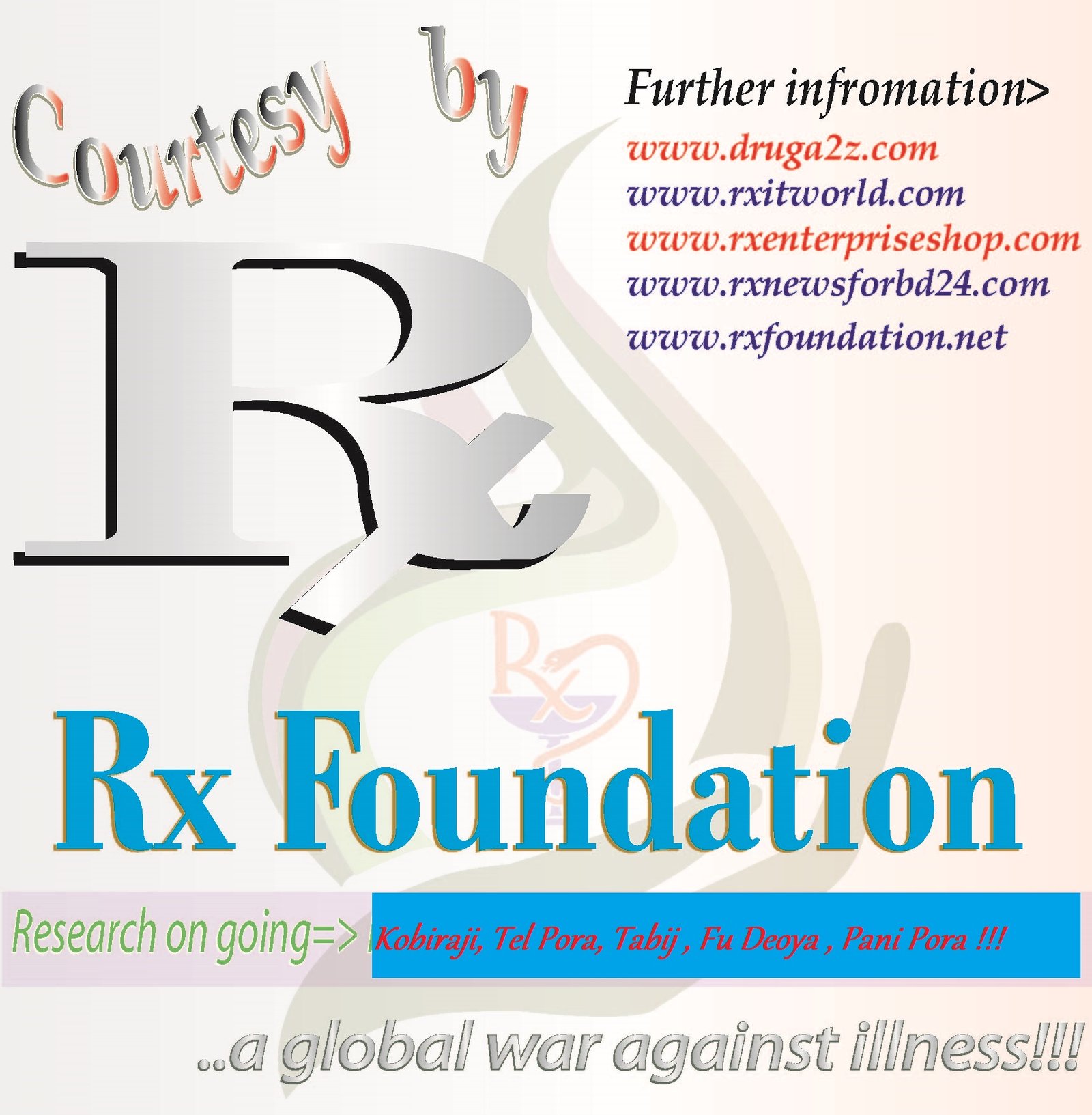Best Drugs for Constipation refers to bowel movements that are infrequent or hard to pass.[rx] The stool is often hard and dry.[rx] Other symptoms may include abdominal pain, bloating, and feeling as if one has not completely passed the bowel movement. Complications from constipation may include hemorrhoids, anal fissure or fecal impaction.[rx] The normal frequency of bowel movements in adults is between three per day and three per week.[rx] Babies often have three to four bowel movements per day while young children typically have two to three per day.[rx]
Constipation has many causes.[rx] Common causes include slow movement of stool within the colon, irritable bowel syndrome, and pelvic floor disorders. Underlying associated diseases include hypothyroidism, diabetes, Parkinson’s disease, celiac disease, non-celiac gluten sensitivity, colon cancer, diverticulitis, and inflammatory bowel disease.[rx][rx][rx][rx] Medications associated with constipation include opioids, certain antacids, calcium channel blockers, and anticholinergics.[4] Of those taking opioids about 90% develop constipation. Constipation is more concerning when there is weight loss or anemia, blood is present in the stool, there is a history of inflammatory bowel disease or colon cancer in a person’s family, or it is of new onset in someone who is older.[rx]
Constipation most commonly occurs when waste or stool moves too slowly through the digestive tract or cannot be eliminated effectively from the rectum, which may cause the stool to become hard and dry. Chronic constipation has many possible causes.
Best Drugs for Constipation; Types, Uses
[stextbox id=’custom’]
| Stool softeners |
|
|---|---|
| Stimulant laxatives |
|
| Bulk-forming laxatives |
|
| Lubricant laxatives |
|
| Osmotic laxatives |
|
| Enemas |
|
| Opioid antagonists |
|
| Others |
|
[/stextbox]
Side Effects of Best Drugs for Constipation
The most common
- GI obstruction
- Diarrhea
- Dyspnea
- Nausea
- Diarrhea (that is not severe)
- Heartburn
- Vomiting
- Dry mouth
- A runny nose
- A cough
- Dizziness
- A headache
- Joint pain
- Back pain
- Trouble sleeping
More common
- Diarrhea
- full or bloated feeling or pressure in the stomach
- a headache, severe and throbbing
- joint or back pain
- muscle aching or cramping
- muscle pains or stiffness
- chest pressure or squeezing pain in the chest
- excessive sweating
- sudden drowsiness or need to sleep
- coughing up blood
- liver problems–nausea, upper stomach pain, itching, tired feeling, loss of appetite, dark urine, clay-colored stools, jaundice (yellowing of the skin or eyes)
- decreased amount of urine
Rare
- Anxiety
- change in vision
- chest pain or tightness
- confusion
- a cough
- Agitation
- arm, back, or jaw pain
- blurred vision
- chest pain or discomfort
- convulsions
- extra heartbeats
- hallucinations
- a headache
- irritability
- lightheadedness
- cold and clammy skin
- fast and shallow breathing
- swelling of your feet, legs, or hands purple spot on your skin caused by internal bleeding
- fast or abnormal heart rate or palpitations
- loss of appetite
- lower back, side, or stomach pain
- mental depression
- muscle pain or cramps
- yellowing of your skin or the whites of your eyes
- upper stomach pain
References
[bg_collapse view=”button-orange” color=”#4a4949″ expand_text=”Show More” collapse_text=”Show Less” ]
- https://en.wikipedia.org/wiki/Linaclotide
- https://www.webmd.com/digestive-disorders/prescription-medications-to-treat-constipation
- https://en.wikipedia.org/wiki/Functional_constipation
- https://www.practo.com/health-wiki/constipation-causes-remedies-and-relief/20/article
[/bg_collapse]
